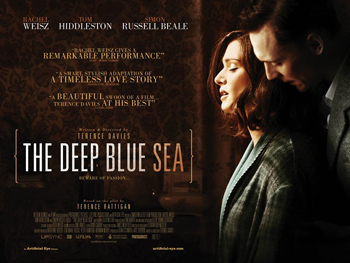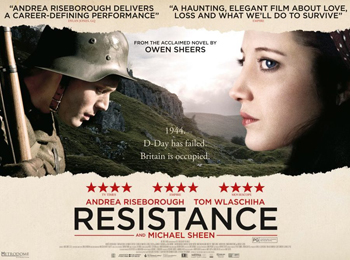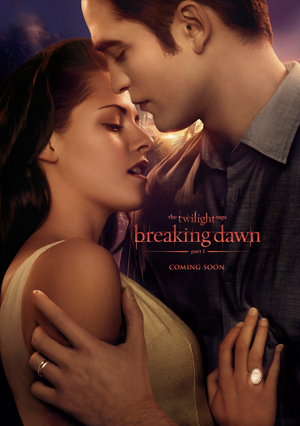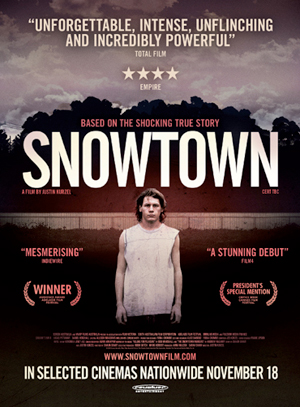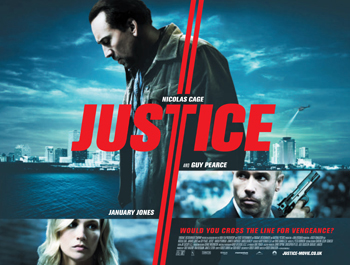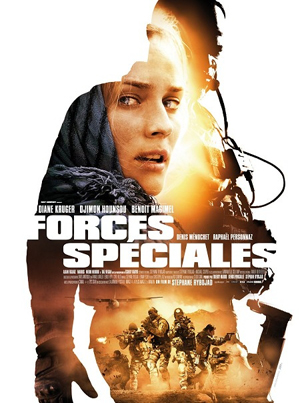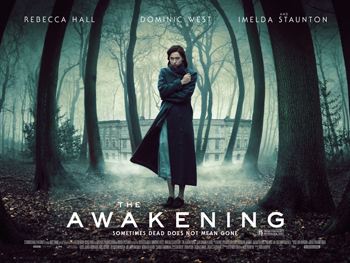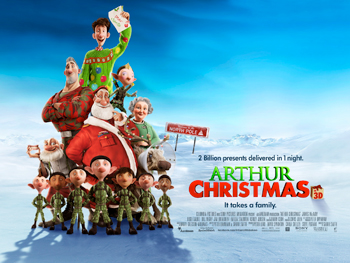LFF 2011: Take Shelter ****
 Writer-director Jeff Nichols stays close to his Southern roots again with another intensely powerful look at complex family relationships in Take Shelter, starring his Shotgun Stories lead, Michael Shannon, once more. Admittedly, Take Shelter is one of the most original familiar studies to come to the big screen in a long time, set against an idyllic landscape that focuses your full attention on the deeply troubling events unfolding.
Writer-director Jeff Nichols stays close to his Southern roots again with another intensely powerful look at complex family relationships in Take Shelter, starring his Shotgun Stories lead, Michael Shannon, once more. Admittedly, Take Shelter is one of the most original familiar studies to come to the big screen in a long time, set against an idyllic landscape that focuses your full attention on the deeply troubling events unfolding.
Curtis LaForche (Shannon) lives in a small Ohio town with his wife Samantha (Jessica Chastain) and six-year-old daughter Hannah (Tova Stewart), who is deaf. Money is tight, but the family is a happy one, until Curtis begins to be plagued by a series of terrifying visions of an encroaching storm that haunt him day and night. Rather than discuss them at first, he decides to channel his anxiety into the obsessive building of a storm shelter in their backyard. Curtis begins to questions whether to shelter his family from a coming storm, or from himself.
Ultimately, Take Shelter is a sensitively constructed, if somewhat protracted metaphor for mental health and its frightening onset that remains with you long after viewing. Nichols uses the temperamental weather of the area to evoke the gradually looming fate of its protagonist with astounding effect. As nature is uncontrollable, so is the family’s destiny, it seems, which with innocent victims has powerful consequences. It is also a great cinematic exploration of human resolve, too, that saves the characters from falling into a pathetic context. It is hard not to empathise with Curtis’s drive to protect.
Chastain gives another standout strong performance, re-emphasising her star status as one of the most exciting film faces to watch. Shannon is quietly captivating as a brooding Alpha male restraining his inner demons and trying to weather the impending mental storm – perhaps paving the chilling way for his Zod interpretation in 2013’s Man of Steel. Much of Shannon’s strength of performance lies in his eyes that reflect a myriad of thoughts with one glance. He expertly plays down the hysterical pull in this, keeping us firmly questioning his and our sanity and belief, climaxing in an end scene that is straight out of an apocalyptic blockbuster, which will divide opinion as to the outcome – some might feel a more fitting ending is in the shelter itself.
Nichols adds an atmosphere of the supernatural to events in Take Shelter that make piecing the puzzle together of what is real and what is not all the more immensely enthralling. The hunt for answers propels the narrative along on the whole, with stalling areas in parts, and fills you with more dread than any recent horror/thriller has, as your fervent imagination and prejudices of what constitutes ‘mental illness’ are met head on.
4/5 stars
By @FilmGazer

